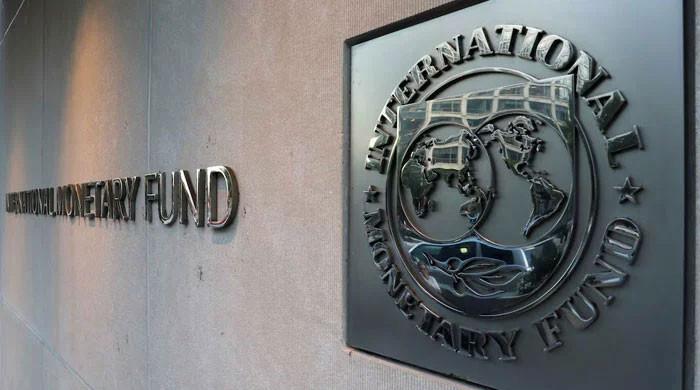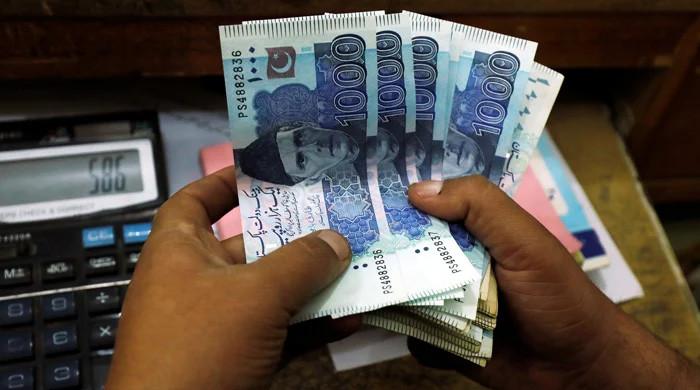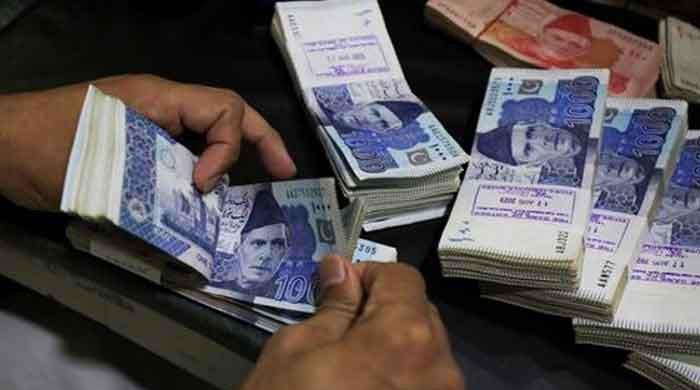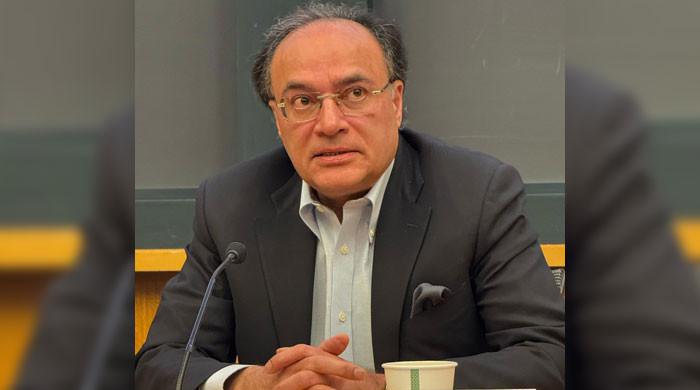No more activation, subscription or annual charges on internet and mobile banking services
State Bank tells banks to stop charging subscription related fees on banking services provided through internet, mobile banking
March 11, 2021
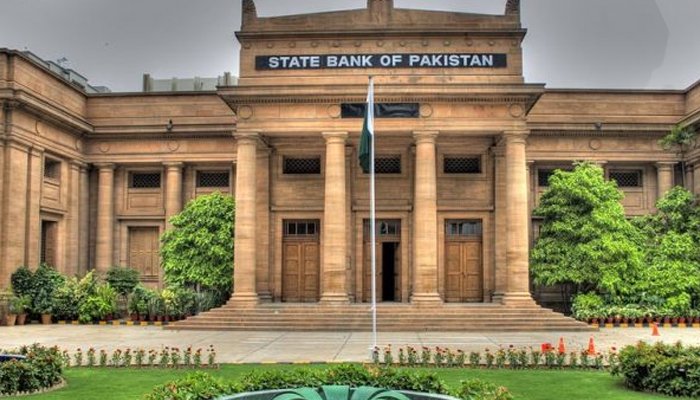
- All banks will provide a minimum set of services on internet and mobile banking channels free of subscription and maintenance charges to customers.
- Banks will also issue debit cards to all new account holders, except those who have opted not to take a card at time of opening.
- State Bank directs all banks to hire a Chief Digital Officer to accelerate the digitisation process in the banking sector.
KARACHI: In a bid to promote digitisation in the banking sector, the State Bank of Pakistan (SBP) has directed banks not to charge customers any subscription, annual or activation charges for providing internet and mobile banking services.
The central bank has further directed all banks to provide a minimum set of services on internet and mobile banking channels to all customers, which include bill payments, funds transfer/interbank fund transfer, beneficiary management, limit management, credit and debit card management and stop cheque payment.
“To encourage the use of internet and mobile banking services by their customers, banks will not levy any activation, subscription or annual charges on their customers for using such services,” the SBP said in a statement.
It is worth recalling that since March 20, banks have also waived all charges for customers using online fund transfer services, including Intra and Interbank Fund Transfers (IBFT).
Read more: Cabinet backs draft law granting SBP autonomy, says Hafeez Shaikh
Banks told to expand services
The SBP said that digitisation of the entire payment process was facing a roadblock as bank policies state that customers can make payments to only those billers that are registered with their bank.
“Hence, in order to facilitate the customers, the banks have been advised to make necessary arrangements to ensure that their customers can make online payments to a maximum number of billers,” said the SBP.
The SBP has also directed banks to issue debit cards to all new account holders and those individuals who opted not to take a card at the time of the opening of the account. It said the banks will be allowed not to issue a debit card only if the customer refuses to take one.
Apart from those refusing to take a debit card, the SBP said the direction will not be applicable for customers who are not literate, photo account holders and visually impaired persons.
Read more: SBP allows banks to accept third party guarantee for house financing
Banks have been authenticating their customers at bank counters using signatures and paper-based instruments, but the existing EMV card infrastructure provides secure authentication.
There is potential to facilitate customers by using this infrastructure to replace the manual authentication process.
In this regard, the banks/microfinance banks are now permitted to authenticate their customers at branch counters using chip-and-pin cards and 2-factor authentication and provide them with banking services.
SBP orders banks to hire chief digital officer
SBP has also ordered banks to hire a chief digital officer to accelerate the digitisation process.
“Considering the significance of digitisation, banks have also been advised to create a role of chief digital officer who would be responsible for steering the digitisation efforts,” said the SBP.
“Further, accelerated digitization will also be part of KPIs [key performance indicators] of every chief executive officer, which will be monitored by their board for its achievement on at least half-yearly basis.”
Read more: SBP says it did not direct banks to charge fee for balance inquiry through ATMs
Apart from this, the SBP has allowed bank borrowers to repay their debt on alternative delivery channels and streamline the security regulations of a payment card to bring convenience to the consumers with risk coverage that commensurate with the ever-evolving payment card markets and in line with international standards.




